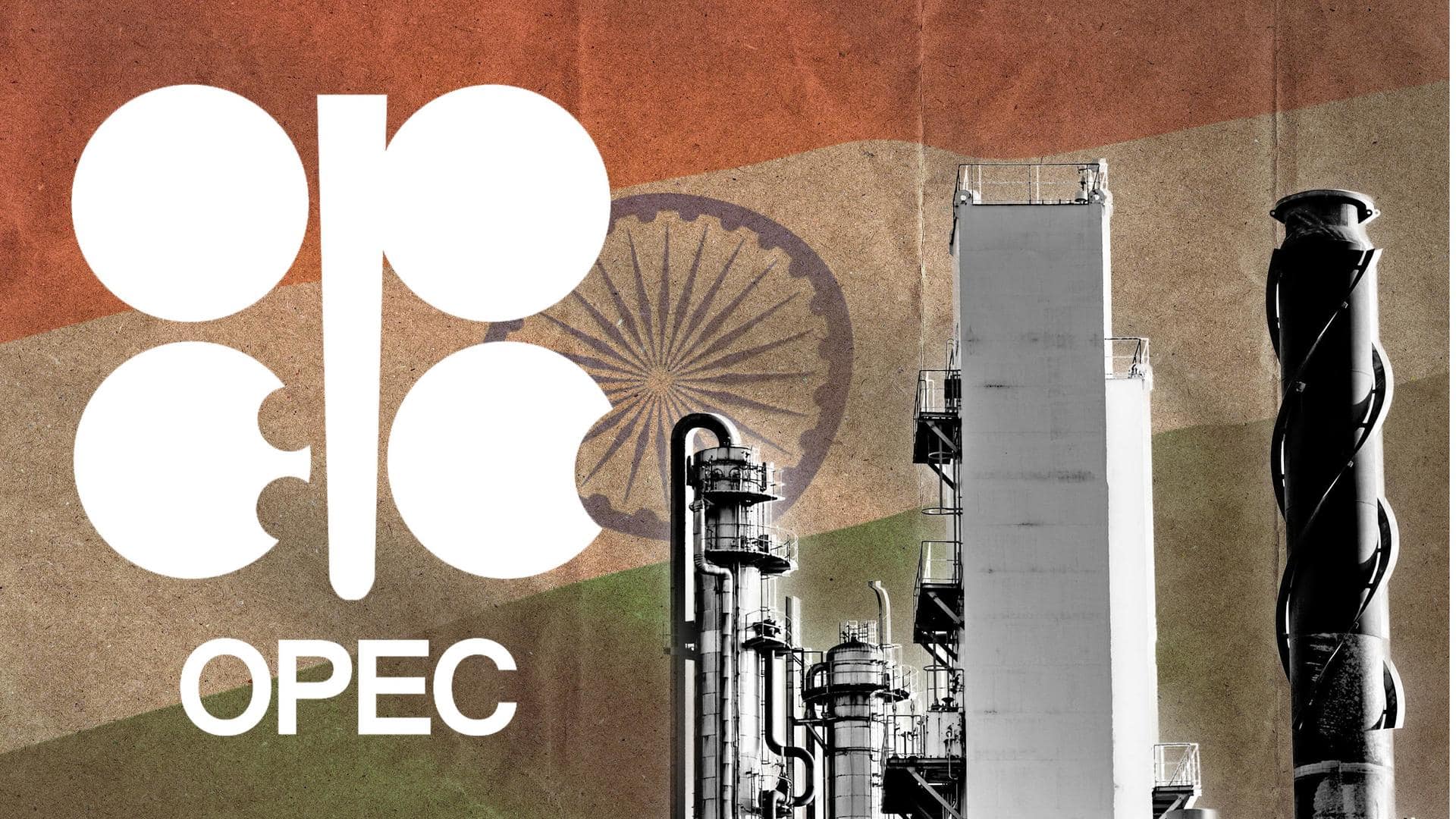
OPEC+ cuts oil output: Know its impact on India
What's the story
A surprise cut in oil output by the Organization of the Petroleum Exporting Countries (OPEC) and its allies, or OPEC+, has sent the global market into a frenzy.
The decision by the group consisting of the world's largest oil producers is bound to increase inflationary pressures across the globe. India may not be an exception.
Let's look at how this decision would impact India.
Context
Why does this story matter?
India is one of the largest importers of oil in the world. The country imports 85% of its crude oil requirements.
This reliance on oil-producing nations has made India's economy susceptible to any fluctuations in the global crude oil price over the years.
With many around the world fearing an impending recession, the production cut is bound to make things even more difficult.
Output cut
Oil output cut by a further 1.6mn barrels per day
Saudi Arabia on Sunday announced its decision to cut output by half a million barrels a day. This is on top of the cuts announced by OPEC+ in October, when oil producers agreed to slash output by two million barrels per day.
Iraq, UAE, and Kuwait, among others, joined Saudi on Sunday to cut output by a total of 1.6 million barrels per day.
Oil prices
Petrol and diesel prices remain the same in India
As expected, the announcement by OPEC+ sent crude oil prices soaring. Brent Crude oil is trading above $84 after jumping by over 5%.
The US West Texas Intermediate (WTI) also surged by over 5%. However, things are stagnant in India.
The petrol and diesel prices in the country saw no movement. The last revision took place in May 2022.
Russia
India has benefitted from Russian oil imports
India is one of the countries that benefitted from the West's decision to shun Russian oil. When Russia started selling its oil at a discounted price, India took the opportunity.
Per energy intelligence firm Vortexa, India imported 1.6 million barrels per day of crude oil from Russia in February. Russian oil accounted for 40% of India's crude imports.
Macroeconomics
India will still struggle with the macroeconomic side of things
The benefits accrued by importing Russian oil would help India to a certain extent. However, the country also relies on other countries in OPEC+ to fulfill its oil needs.
A decrease in output will lead to an increase in prices, affecting India's trade deficit.
It would also affect India's macroeconomic variables, including a range-bound rupee, balance of payments, and foreign exchange reserves.
Interest rate
RBI's job just got tougher
The rise in oil prices will be a headache for the Reserve Bank of India (RBI). The central bank has been hiking interest rates to fight inflation.
The consecutive hikes were expected to come to a pause after another hike. However, the decision by OPEC+ to cut output has made it harder than ever.
We may not see a rate pause anytime sooner.